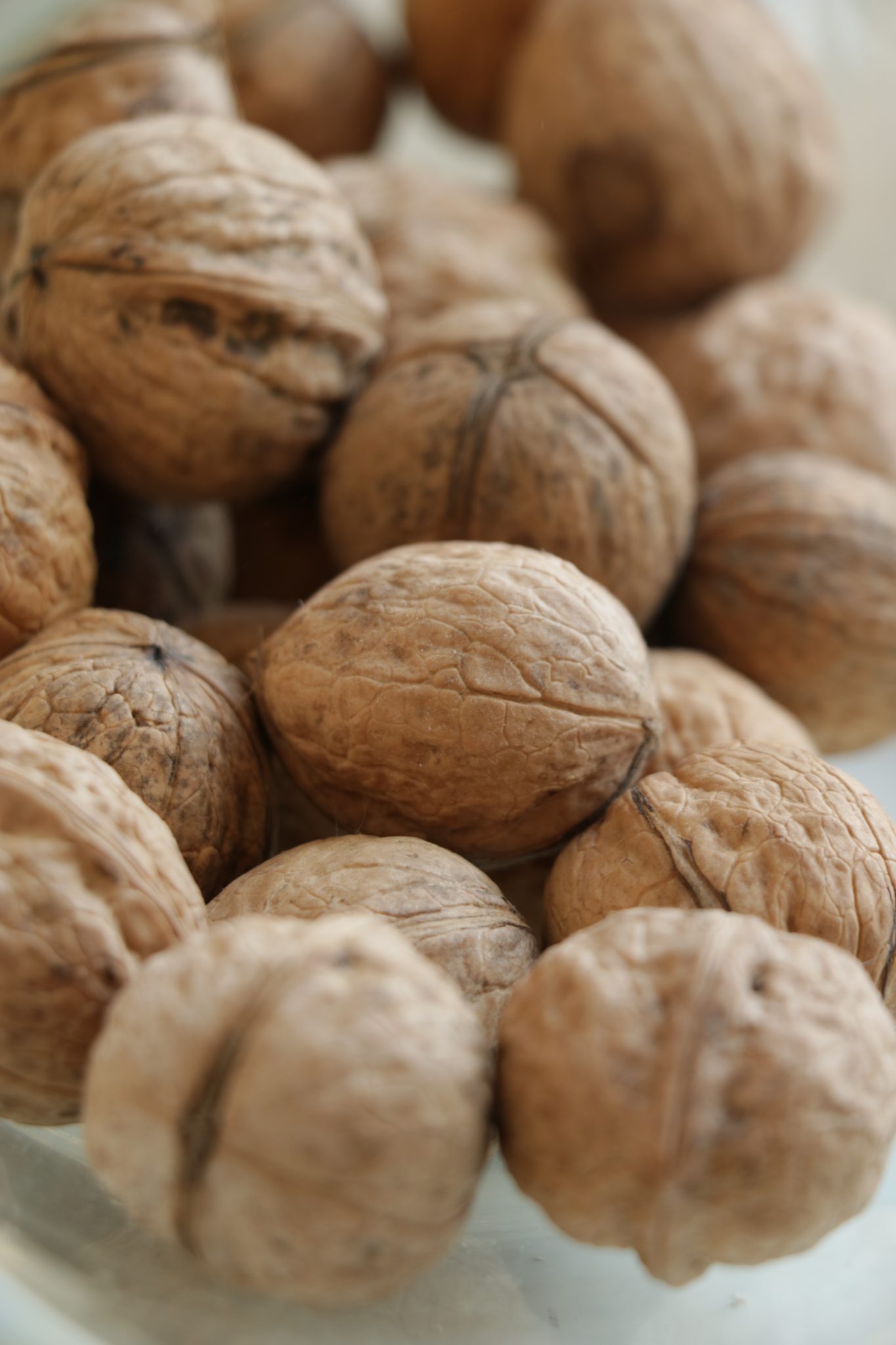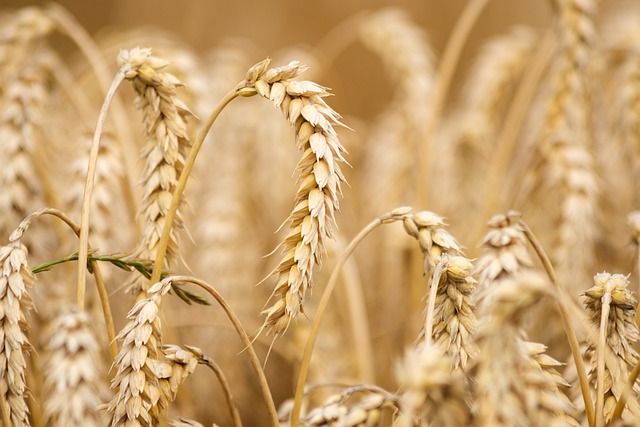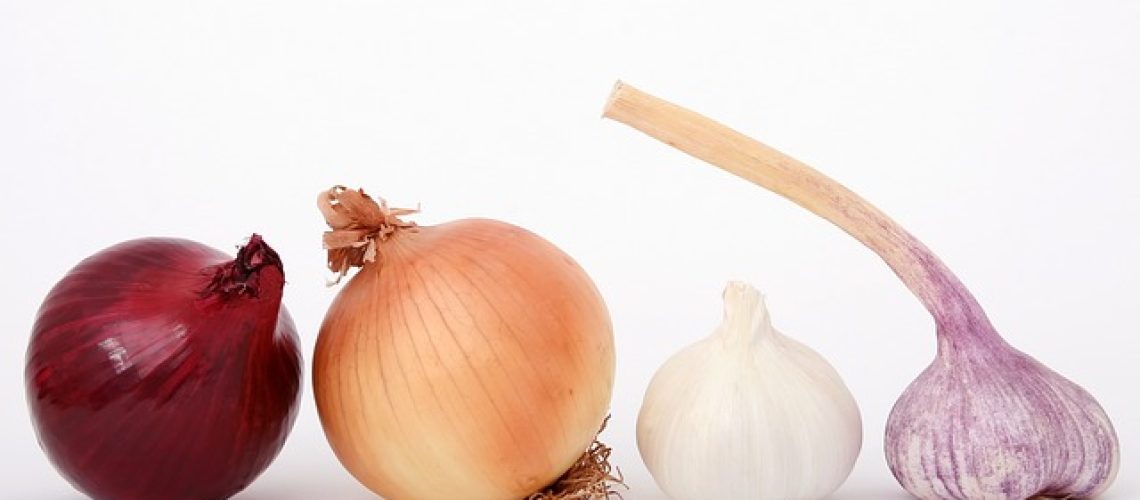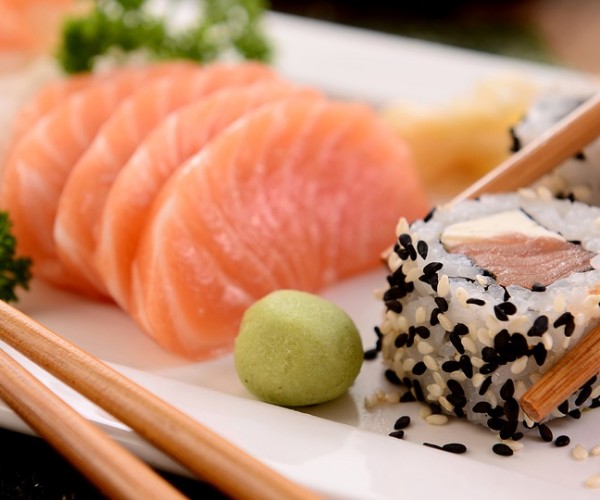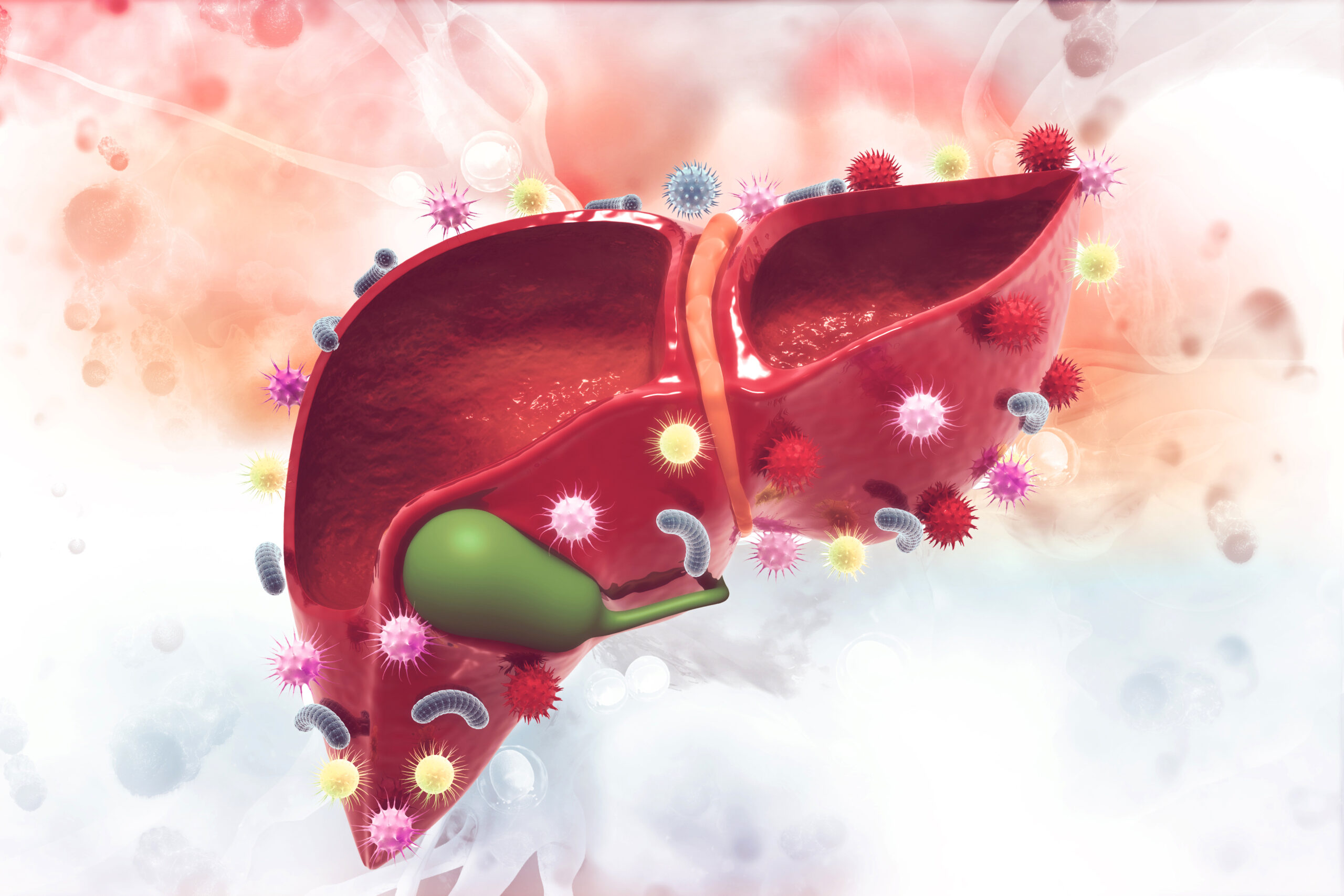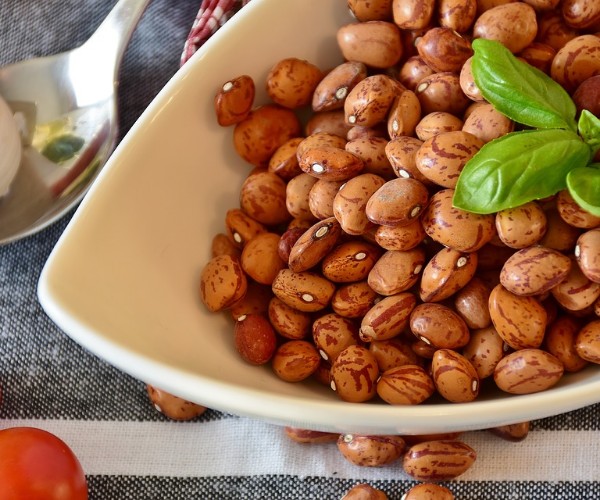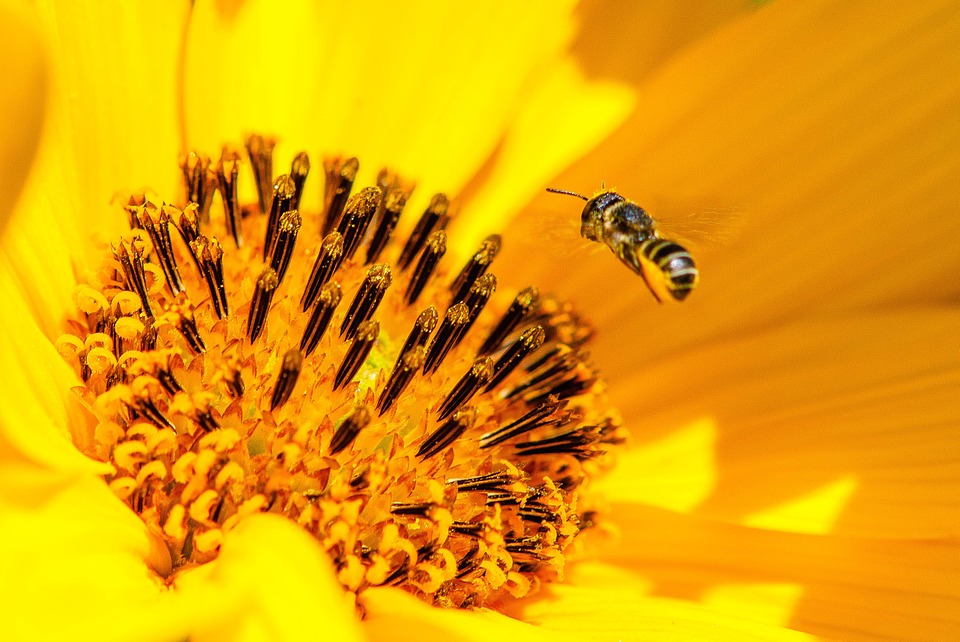Not everyone likes them, not everyone digests them easily, many love them but still rarely eat them to avoid bad breath problems and related embarrassments in social situations. Still, science says that increasing consumption of garlic, onions, spring onions, shallots and leeks could be very good for your health for many reasons.
For example, garlic has long been known to have hypotensive and anticholesterol properties (from which those with high blood pressure or hypercholesterolemia can benefit in a context of cardiovascular prevention), antibacterial and antiviral activity, and the ability to stimulate the immune system (mainly due to its supply of vitamin B12). Similar actions have also been attributed to onion and related bulbs, all of which have marked antioxidant activity, as well as antidiabetic and antitumor activity.
It was precisely on the antitumor activity of onion garlic & co. that a recent Chinese study focused, comparing the eating habits of 833 patients hospitalized for colorectal cancer and 833 healthy subjects with similar demographic and physical characteristics. The evaluation showed the likelihood of being affected by intestinal neoplasia was significantly lower among people who habitually consumed larger amounts of vegetables rich in allicin (the main active compound found in garlic, onions, spring onions, leeks, etc.) than among those who ate them infrequently and/or in small doses.
Based on the researchers’ calculations, the reduction in colorectal cancer risk would reach nearly 80 percent, and the benefit would be similar among both men and women. Oddly enough, however, the protection does not seem to affect cancers that distinctively affect the distal tract of the colon; and the reasons for this different effect remain to be understood.
Based on these certainly interesting results and the other beneficial properties already demonstrated by garlic, onions, leeks, spring onions, etc., it is certainly advisable to include them more often in the daily diet, but with a caveat. In order not to alter their active substances and to be able to take advantage of all their properties, they should be eaten fresh and raw or just blanched, adding them to salads, side dishes, bruschetta, pasta or main courses, and sauces.
Source: Xin Wu et al. Allium vegetables are associated with reduced risk of colorectal cancer: A hospital-based matched case-control study in China. Asia-Pacific Journal of Clinical Oncology 2019; doi:10.1111/ajco.13133 (https://onlinelibrary.wiley.com/doi/abs/10.1111/ajco.13133)







